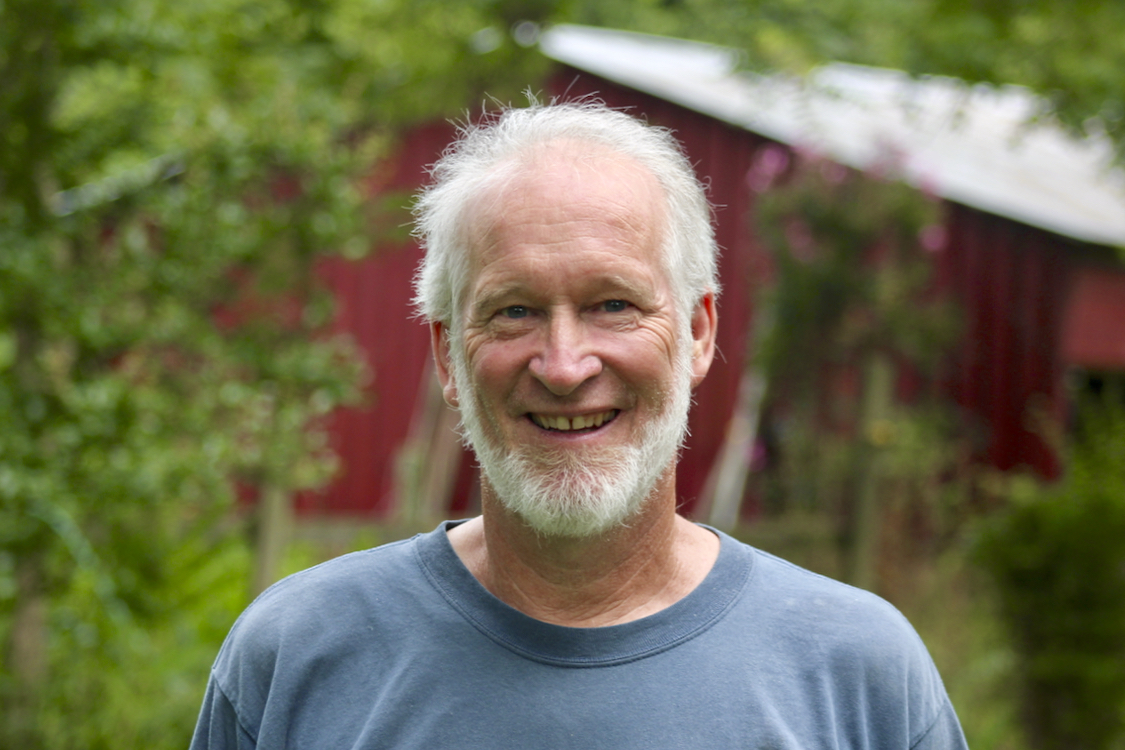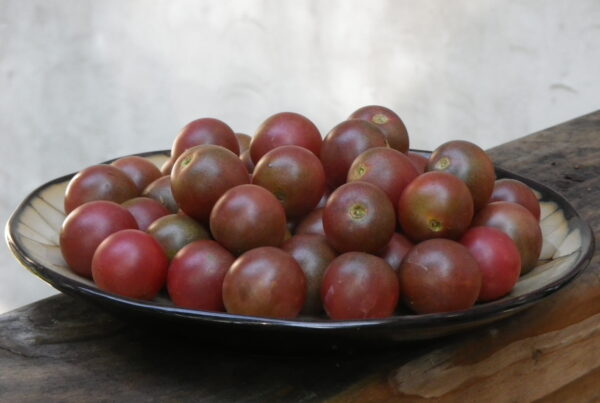Call your Representative today!
The House Agriculture Committee is drafting its proposed 2018 Farm Bill now. The Farm Bill will fund and shape USDA programs for the next five years. This month, allies in the House of Representatives have introduced two new “marker bills” that address top priority needs:
The Strengthening Our Investment in Land (SOIL) Stewardship Act (H.R. 5188), introduced on March 6 by Rep. Tim Walz (D-MN), would integrate and streamline the Environmental Quality Incentives Program (EQIP) and Conservation Stewardship Program (CSP) to better serve producers, protect resources, and simplify administration. Changes to CSP would include new payments for comprehensive whole-farm conservation planning ($1-3,000 per farm) and management-intensive rotational grazing ($20/ac), increased support for soil health management including cover crops and crop rotation, and a permanent provision establishing a $1,500/year minimum contract payment for smaller operations. For more information, visit: http://sustainableagriculture.net/blog/soil-stewardship-act-2018/,
The Seeds for the Future Act (H.R. 5208), introduced on March 7 by Reps. Mark Pocan (D-WI) and Darren Soto (D-FL) would mandate the USDA to direct $50 million per year in competitive research grant funding to the development and release of new, farmer-ready public cultivars that are regionally adapted and adress needs identified by producers, buyers, and other stakeholders. The bill would also enhance coordination of USDA public cultivar development endeavors, and provide regular reports to Congress on cultivar releases. For more information, visit: http://sustainableagriculture.net/blog/seeds-for-the-future-act/.
Take Action!
Representative Bob Goodlatte (R-6th VA) serves on the House Agriculture Committee. If you live and vote in his district, call his DC office today to urge him to do everything he can to integrate the SOIL Stewardship Act and the Seeds for the Future Act into the Committee’s draft Farm Bill. If you have used or applied for CSP or EQIP, or have encountered difficulties finding the crop seeds you need, tell your story!
Call Representative Goodlatte’s office at 202-225-5431 and ask to speak with his Legislative Assistant Scott Bennett, who handles Farm Bill issues. If he is not available to speak with you directly, leave a message on his voice mail, or e-mail him at scott.benett@gmail.house.gov.
Three things to note:
- Just 6 to 10 calls from constituents on a specific issue can impel a Representative to take action on that issue.
- Scott Bennett is a third generation crop and livestock farmer in Virginia and has seen the benefits of good conservation on the family farm.
- If you are not in Rep. Goodlatte’s district, call your Representative to advocate for these initiatives. If they hear from enough constituents, they may relay input to Goodlatte’s office. Call your Rep directly or via the Capitol Hill Switchboard, 202-224-3121.
For more on this special window of opportunity to build a better Farm Bill, read on.
More 2018 Farm Bill Opportunities
If working lands conservation and public cultivar development are not at the top of your priority list, there are several other Marker Bills that address key issues for beginning farmers, local foods, research, and resource protection:
- The Local Food and Regional Market Supply (Local FARMS) Act, H. R. 3941 introduced by Representatives Chellie Pingree (D-ME), Jeff Fortenberry (R-NE), and Sean Maloney (D-NY); and S. 1947 introduced by Senator Sherrod Brown (D-OH) would help farmers reach new markets by expanding support for value added enterprises, farmers markets, food hubs, regional meat and dairy supply chains, and other local food enterprise development. It would offer cost share for organic certification and food safety certification, and enhance access to fresh, local food through the Senior Farmers Market Nutrition Program and other initiatives. For more information, visit http://sustainableagriculture.net/blog/local-farms-act/.
- The Beginning Farmer and Rancher Opportunity Act (BFROA), R. 4316, introduced by Representatives Tim Walz (D-MN) and Jeff Fortenberry (R-NE), would help new, aspiring, veteran, and socially disadvantaged farmers to access land and credit, build skills in sustainable farming and business management, and invest in long term resource stewardship. It would increase annual funding for the Beginning Farmer and Rancher Development program (BFRDP) from the current $20 million to $50 million, giving it permanent Farm Bill funding. For more information, visit: http://sustainableagriculture.net/blog/beginning-farmer-act-2017/.
- The Organic Agriculture Research Act, H. R. 2436 introduced by Representative Chellie Pingree (D-ME) in May 2017 would increase Organic Research and Extension Initiative (OREI) funding from the current $20 M/year level to $50 M/year. It has since gathered bipartisan support with over 50 cosponsors in the House, and a companion bill was introduced in the Senate on February 8 by Senators Susan Collins (R-ME) and Bob Casey (D-PA). For more information, visit http://sustainableagriculture.net/blog/organic-ag-research-act-2017/, and http://sustainableagriculture.net/blog/organic-ag-research-act-2018/.
- The Crop Insurance Modernization Act, H. R. 4865, introduced on January 19 by Representative Rick Nolan (D-MN) would improve access to crop insurance for small scale diversified, beginning, minority and other historically underserved farmers. It would also remove crop insurance dis-incentives for diversified crop rotations and cover crops, and improve coordination between Risk Management Agency and Natural Resources Conservation Service to encourage conservation practices that both reduce crop loss risks and improve resource stewardship. For more information, visit http://sustainableagriculture.net/blog/crop-insurance-modernization-act/.
- The American Prairies Conservation Act, introduced on October 4, 2017 in the Senate as S 1913 by Senators John Thune (R-SD), Amy Klobuchar (D-MN), Michael Bennet (D-CO) and Mike Rounds (R-SD) and in the House as H. R. 3939 by Representatives Kristi Noem (R-SD) and Tim Walz (D-MN), would extend “sodsaver” provisions beyond the current six states to nationwide, and close loopholes to maintain effective crop insurance dis-incentives to breaking native sod for crop production. For more information, visit: http://sustainableagriculture.net/blog/american-prairies-conservation-act/.
- The Healthy Fields and Farm Economics Act, H. R. 4751, introduced Jan 10, 2018 by Representatives John Faso (R-NY) and Marcia Fudge (D-OH), would improve efficacy of USDA conservation programs through measurement, evaluation, and reporting of environmental and economic benefits of NRCS conservation programs and practices. http://sustainableagriculture.net/our-work/campaigns/fbcampaign/conservation/healthy-fields-farm-economies-act/.
In my visits to Capitol Hill, I have found Virginia’s Members of Congress – from both parties – quite interested in helping beginning farmers become established, and building local and regional food systems with all their associated business opportunities for producers and rural communities. When I met with Scott Bennett in Rep. Goodlattte’s office in January, he specifically mentioned crop insurance issues and the Nolan bill, as well as the BFROA and the Representative’s strong interest in assisting beginning farmers.
The more they hear from us, the more likely these “favorable leanings” may transmute into effective action. Time is short – call now!
In the Senate:
The Senate Agriculture Committee is working on its draft Farm Bill as well. While not on the Ag Committee, Virginia’s Senators Tim Kaine and Mark Warner are strong conservation advocates, and they join Senators from other Chesapeake Bay states in meeting with Ag Committee members to advocate for protecting Chesapeake Bay water quality.
Right now, we need strong support for CSP from all quarters. Call our Senators to emphasize how a strong, streamlined CSP, as outlined in the SOIL Stewardship Act in the House will protect the Bay through comprehensive conservation planning, management intensive rotational grazing, and increased emphasis on water quality and soil health. Call Senator Mark Warner’s office at 202-224-2023 and ask to speak with Legislative Correspondent Micah Barbour who covers agricultural issues; and call Senator Tim Kaine’s office at 202-224-4024 and ask to speak with Legislative Correspondent Donald Pollard or Legislative Assistant Nick Barbash.
For more information and guidance on taking action for a better Farm Bill, visit http://sustainableagriculture.net/take-action/.
NSAC Farmer Fly-in
Family Farmers Bring their Policy Priorities to Capitol Hill
On March 6-8, the National Sustainable Agriculture Coalition held a “fly-in” bringing 20 farmers and farm advocates from 14 states to meet with Members of Congress and advocate for programs vital to their operations. These include programs funded through the Farm Bill (see above) and through the annual Appropriations process. The latter includes Sustainable Agriculture Research and Education or SARE, for which we are requesting an increase in annual funding (now $27 million) to $40 million. With the overall cap on non-defense appropriations raised significantly, there is a real possibility of increasing funding for SARE and other research grant programs.
Energized by promising visits with agricultural staff with four of Virginia’s Members of Congress back in January, I participated in this event. We started with an evening introduction, dinner, briefing, and training session on Tuesday evening, followed by Hill visits on Wednesday and Thursday. For NSAC’s report on this gathering, visit http://sustainableagriculture.net/blog/3-2018-flyin/.






